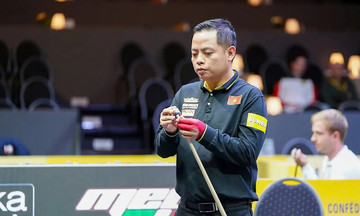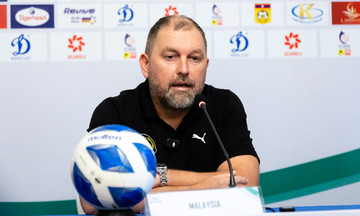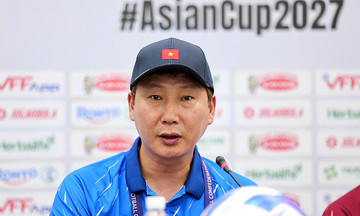The lawsuit argues that the NCAA's new policy, which bars transgender athletes from competing in women's sports, lacks legal basis. As a private organization, the NCAA cannot supersede Pennsylvania law or the federal Title IX law.
Title IX, a 1972 US education amendment, prohibits sex-based discrimination in federally funded educational programs, including athletics.
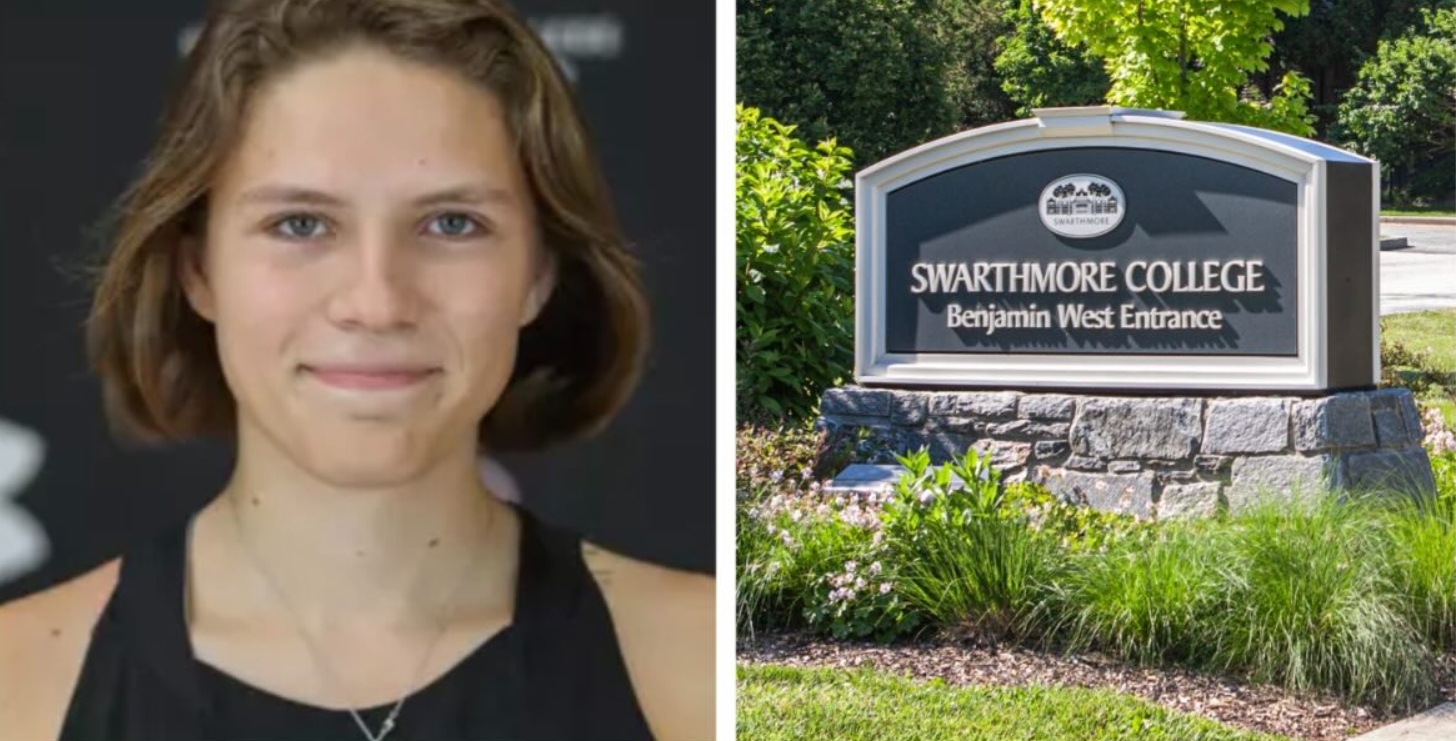 |
Transgender runner Evie Parts filed a federal lawsuit against Swarthmore College and the NCAA. (AP) |
Transgender runner Evie Parts filed a federal lawsuit against Swarthmore College and the NCAA. (AP)
Parts' removal coincided with the NCAA's policy enactment on 6/2. The lawsuit names Swarthmore track coaches Peter Carroll, athletic director Brad Koch, and officials Christina Epps-Chiazor and Valerie Gomez. These individuals allegedly caused Parts severe emotional distress, self-harm, and suicidal ideation.
"We fully support the allegations in the lawsuit," said attorney Susie Cirilli, representing Parts. "The NCAA, a private entity, has enacted a discriminatory policy. Swarthmore chose to follow this policy, disregarding both federal and state law."
Swarthmore responded, affirming its "respect for the transgender community" and citing efforts to support Parts amid changing NCAA guidance while ensuring fair competition for other female athletes. "Due to the ongoing litigation, we will not comment further," the college stated. The NCAA declined to comment.
The NCAA policy restricts women's sports participation to those assigned female at birth. This decision followed former President Donald Trump's executive order banning transgender athletes from women's and girls' sports.
On 6/5, the Pennsylvania Senate passed a bill barring transgender athletes from female sports in K-12 and college. However, it faces an uncertain future in the Democrat-controlled House.
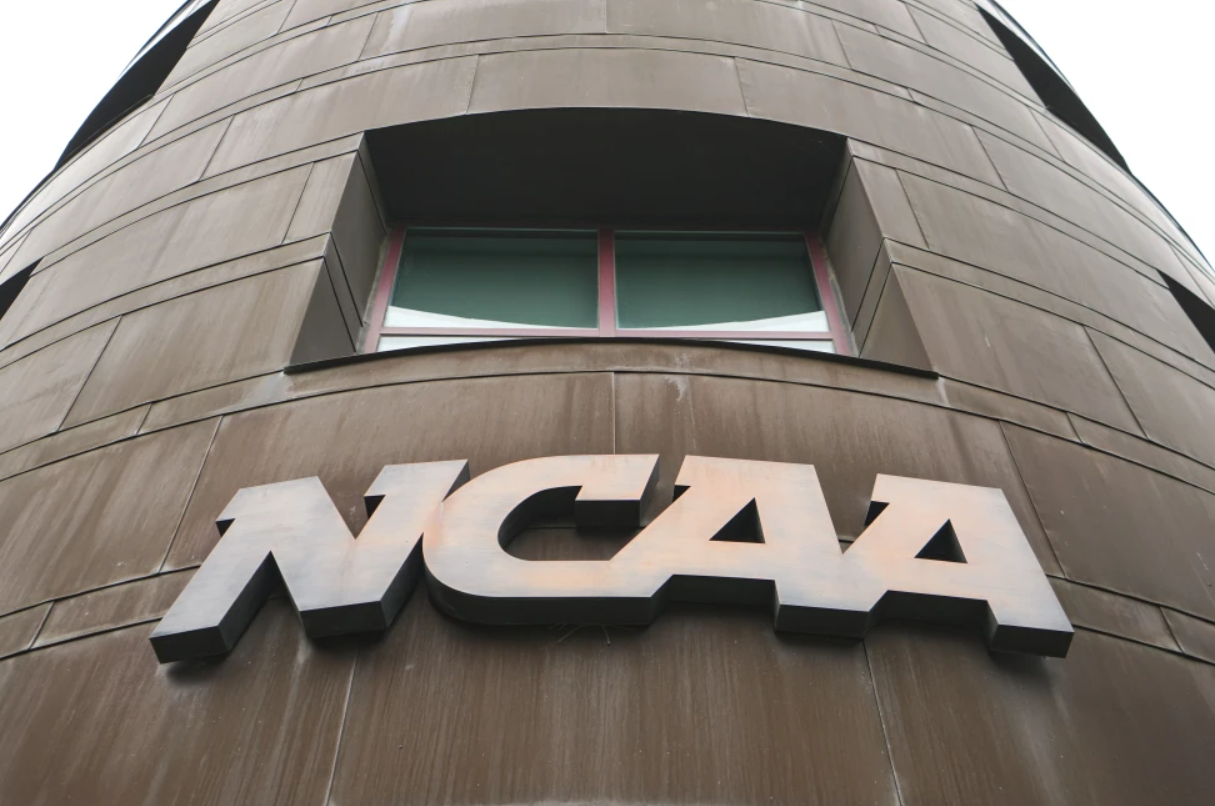 |
The NCAA headquarters in Indianapolis, photographed on 15/7/2025. (AP) |
The NCAA headquarters in Indianapolis, photographed on 15/7/2025. (AP)
Parts joined Swarthmore's track team in the fall of 2020, took a break, and returned in 2023 for indoor and outdoor track, and cross country. After the NCAA ban, Epps-Chiazor and Gomez offered Parts two options: join the men's team or register as an "unattached athlete." Only men's team members received medical care.
The lawsuit details Parts' exclusion from team activities, including meals, travel, and stipends. Parts had to self-fund competition entries and was prohibited from wearing Swarthmore attire.
On 11/4, Swarthmore fully reinstated Parts, allowing her return to the women's team until graduation in May.
In July, another transgender athlete, Sadie Schreiner, sued Princeton University for exclusion from a university-hosted meet. Schreiner, formerly of the Rochester Institute of Technology (Division III), intended to compete unattached at the Larry Ellis Invitational. The lawsuit described this as a "humiliating, dehumanizing, and dignity-robbing experience" witnessed by family and friends, and sought damages.
Hong Duy (AP)





